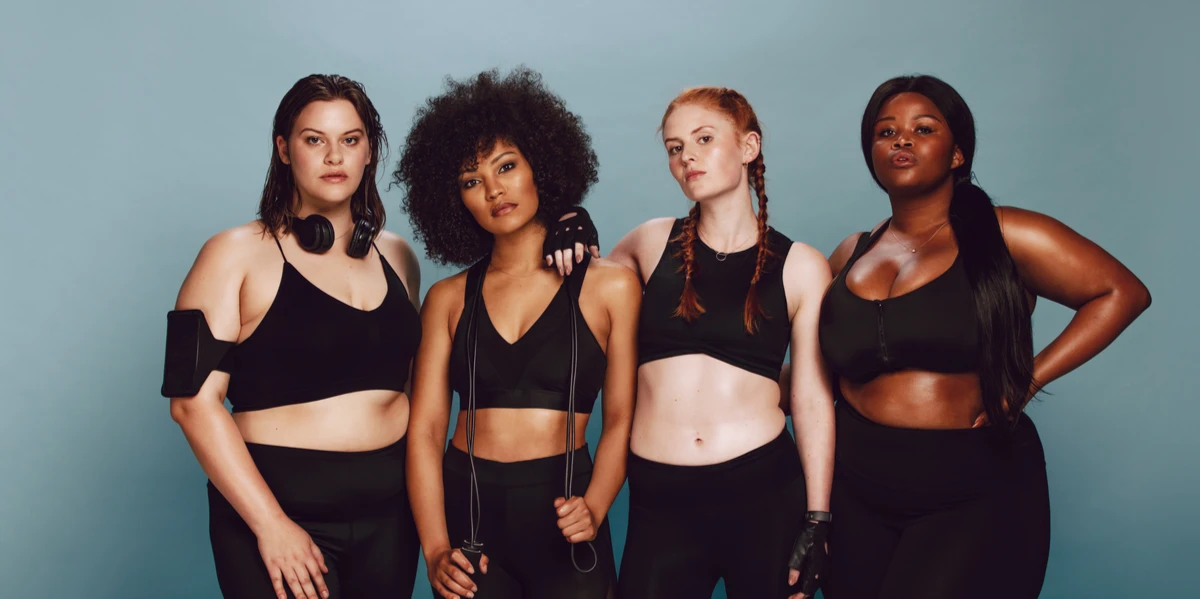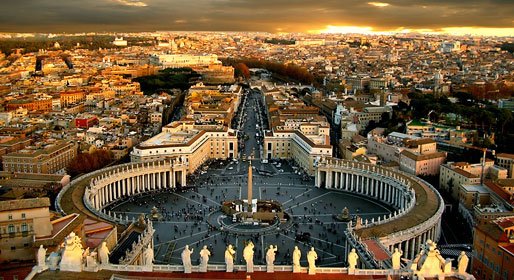Nudity is not just the absence of clothing—it is a deeply personal and often political statement. For many, it represents vulnerability. For others, it is a symbol of freedom. But increasingly, nudity is becoming a powerful tool in the movement toward body positivity and self-acceptance.
In a world full of curated images, filtered perfection, and societal expectations, embracing one’s natural body—flaws, curves, blemishes, and all—can be a fundamental act. In this context, nudity is not about being provocative. It is about being authentic.
Reclaiming the Narrative of The Power of Nudity
For centuries, human bodies—especially women’s bodies—have been objectified, controlled, and judged. Media and marketing have long pushed narrow standards of beauty: thin, toned, youthful, airbrushed. Anything that falls outside these standards is often deemed undesirable or inappropriate.
But nudity, when reclaimed on its own terms, can be a way to rewrite that narrative. It says: “This is me. As I am. Unapologetically.”
Body positivity campaigns, nude photo series, and social media movements have brought this message to the forefront. From sharing stretch marks and cellulite to showing the reality of the post-pregnancy body, nudity has become a form of protest and empowerment.
The Psychology of Self-Acceptance
Being naked can be emotionally intense—especially in front of the mirror. It forces us to confront our insecurities. But that confrontation, when done in a safe and intentional space, can be healing.
Psychologists suggest that spending time naked, especially alone or in body-neutral settings, can help people develop a more accepting and compassionate relationship with their bodies. It eliminates comparison. It reminds us that the body is not an ornament—it is a vessel for life, experience, and joy.
When we stop hiding from ourselves, we begin to shed our inner shame. And that’s where self-acceptance begins.
Nudity Beyond Sexualization
One of the biggest cultural barriers to nudity is its automatic association with sexuality. But being naked doesn’t always mean being sexual. In fact, separating nudity from sexuality is one of the most powerful steps toward normalizing body diversity.
The public nudity movement, the naturist community, and artistic nude photography all emphasize the non-sexual nature of being naked. These spaces offer people the experience of seeing themselves—and others—in a way that is human rather than material.
This kind of exposure can be incredibly liberating. It breaks down the illusion that certain bodies are “right” or “wrong.” Instead, it reinforces the idea that all bodies are valid, real, and worthy of respect.

Social media, censorship, and the body positivity war
Social platforms have complicated the conversation. On the one hand, they have given people the power to share their stories and bodies in uncensored ways. On the other hand, strict censorship policies often reinforce old taboos and disproportionately target marginalized groups.
Instagram and TikTok have been criticized for removing images of plus-size, black, queer, and disabled bodies under the guise of “nudity violations,” even when these images are no more revealing than others. This selective censorship weakens the body positivity movement and still highlights the work that remains.
Still, creators and activists are finding ways to push back, using art, writing, and community to keep the movement alive.
Building a Culture of Compassion
The true power of nudity lies in what it teaches us: compassion. When we see others honestly expose their bodies, it reminds us that we are all carrying stories on our skin. Surgical scars, weight gain and loss, tattoos marking milestones, wrinkles earned through years of laughter and pain – these are not imperfections. They are people.
Nudity asks us to show ourselves as we are. To accept others as they are. And in doing so, to rewrite a culture that often tells us we are not enough.
Standing in your own place without shame is no small feat. In fact, it can be the most powerful thing you can do. Nudity, when embraced as a symbol of self-love and acceptance, becomes more than a physical expression — it becomes an emotional liberation.
Ultimately, body positivity isn’t about celebrating one type of body — it’s about celebrating all bodies. And sometimes, the first step toward that celebration is simply taking everything off, looking in the mirror, and saying, “This is me — and that’s enough.”
Read Also: Nudity in Culture: Exploring Taboos and Acceptance
![]()






One thought on “The Power of Nudity: Body Positivity and Self-Acceptance”